A few weeks ago, Metro Manila marked the one-year anniversary of its first Covid-19 quarantine. Now, the National Capital Region and other nearby provinces – dubbed the “NCR Plus” – are back under the strictest quarantine regime.
We can still vividly recall the deserted streets when the strictest quarantine was first imposed. Initially, only the businesses doing essential work could operate. Even then, not all employees could work due to safety reasons, not to mention the hardships from no public transportation. The country essentially came to a halt. Eventually, businesses and workers alike accepted the grim reality that everyone had to sacrifice.
Thanks to the wonders of modern science, vaccines for Covd-19 came at breakneck speed. Distribution of vaccines started late last year and the rollout has now reached the Philippines. Businesses are feeling more optimistic and everyone is eager to rebound. At this early stage, though, it is interesting to note that, many individuals are nervous about being vaccinated. People are asking if employees can refuse the Covid-19 vaccine.
On one hand, refusing the jab is a matter of personal choice and the Philippine Constitution and laws guarantee an individual’s right to freedom, especially about health matters. The state has the mandate to regulate relations between workers and employers in affording full protection to labour. Presently, an employer is merely required to provide for employee viral testing and maintain a safe work environment. Also, no law mandates the Covid-19 vaccination of employees in the workplace. On the contrary, the Department of Labour and Employment (DOLE) recently issued Labour Advisory No. 03, Series of 2021, on March 12 essentially prohibiting a “no vaccine, no work” policy.
On the other hand, employers can impose any rules and regulations for the conduct of business operations, which includes ensuring a safe and healthy workplace and the integrity of products or services. Accordingly, the Labour Code grants employers the right to dismiss employees who wilfully disobey lawful and reasonable orders relating to their performance. The DTI and DOLE Interim Guidelines on Workplace Prevention and Control on Covid-19 also mandates employees to comply with all workplace measures for the prevention of Covid-19. This seems to contemplate only frequent handwashing, mask wearing and physical distancing. From a business perspective, businesses which can say their employees have been vaccinated will surely have a market advantage, not to mention avoiding the expense and difficulties of sick leave.
Presently, employers cannot require employees to be vaccinated unless a law or government regulation is passed to require Covid-19 vaccination among employees. And especially considering Labour Advisory No. 03-21, an employer cannot penalise, or dismiss, employees who opt out of the vaccine. Employees can only be dismissed if any of the just or authorised causes provided by the Labour Code are present. And arguably, even the just cause pertaining to “wilful disobedience of the lawful orders of the employer” mentioned above may not be applicable in this case. An exception may be argued only if the requirement for vaccination directly relates to the performance of the employee’s work and the functions of the employee place them at a conceivable risk of transmitting or contracting the disease.
The government should consider mandating the vaccination of medical frontliners and workers in essential industries, considering the medical and economic emergency. This has been done in the past when the DOLE issued Department Advisory No. 05-10 requiring Hepatitis B vaccinations for those whose occupations had a conceivable risk of transmission in the workplace, such as healthcare workers.
At this precarious time, the delicate balance between management and labour again comes to fore. As vaccines are rolled out and administered to Filipinos, there is an apparent need for the state to balance its mandate of promoting the right to health of the people and protecting the economy, versus the fundamental personal freedom of individuals.
Author:
Clarence Darrow C. Valdecantos is a partner and the head of the Labour and Employment Department (LED) of the Angara Abello Concepcion Regala & Cruz Law Offices or ACCRALAW. He can be contacted through at: ccvaldecantos@accralaw.com
This article is for informational and educational purposes only. It does not constitute legal advice or legal opinion.



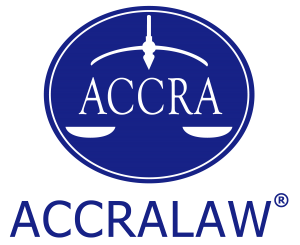


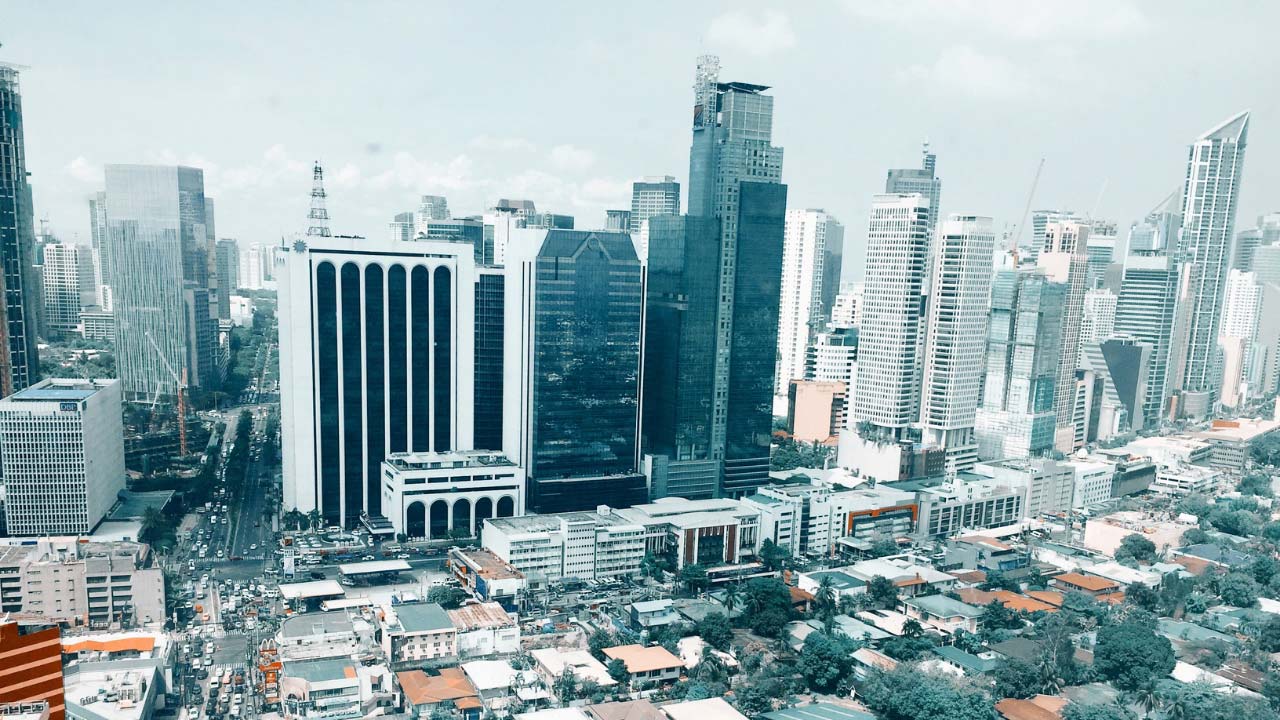
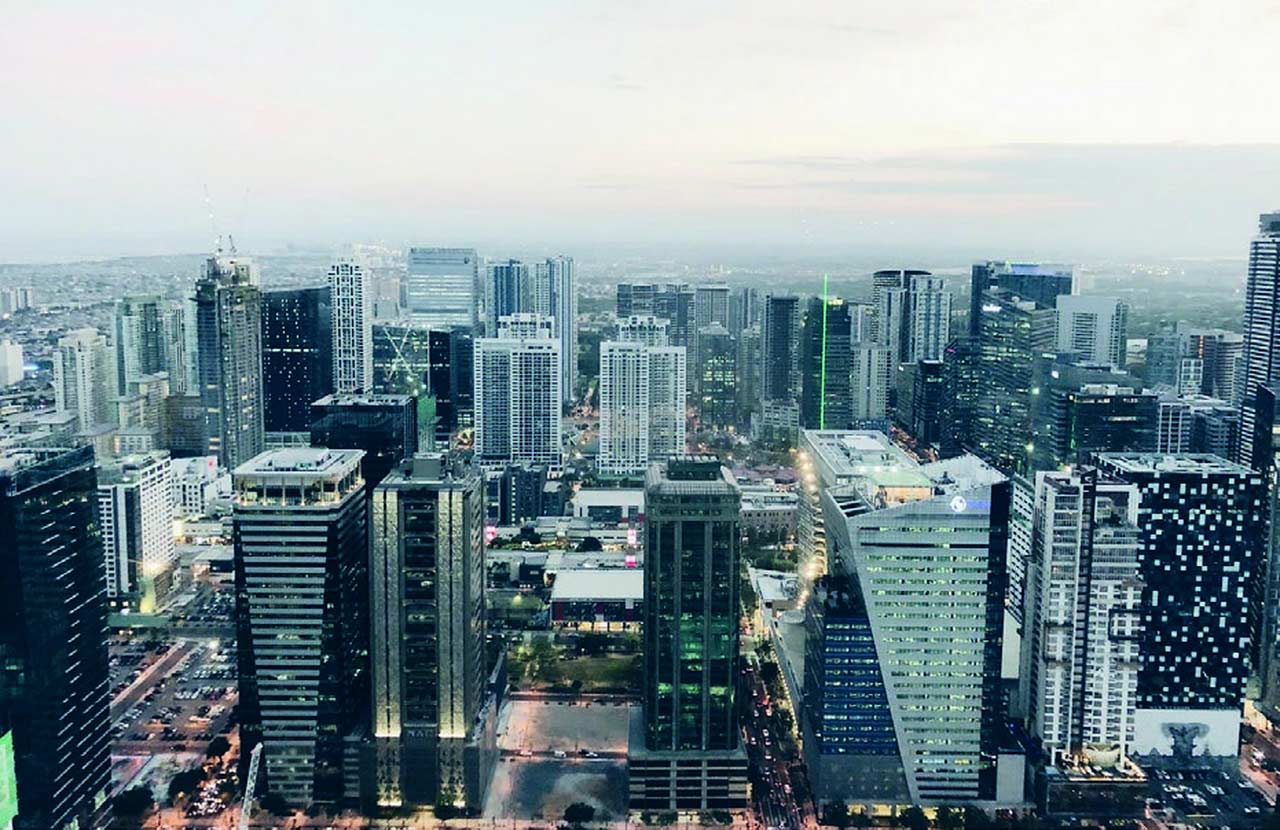

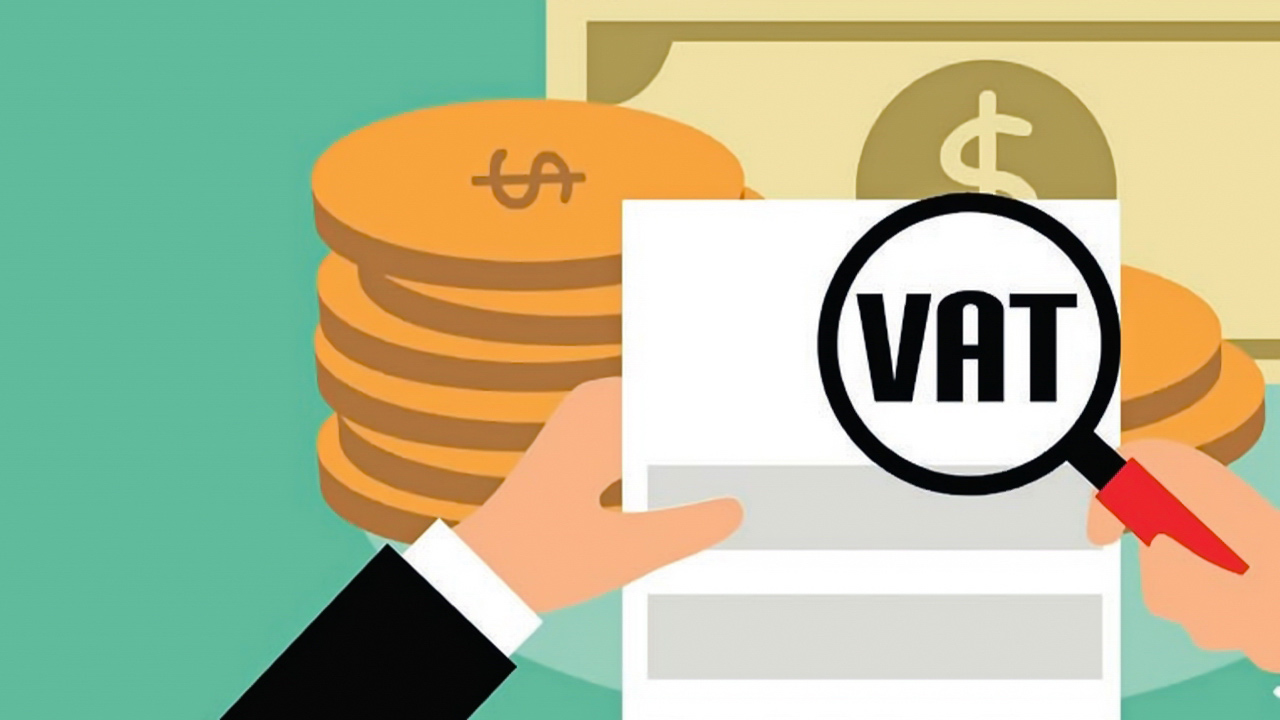





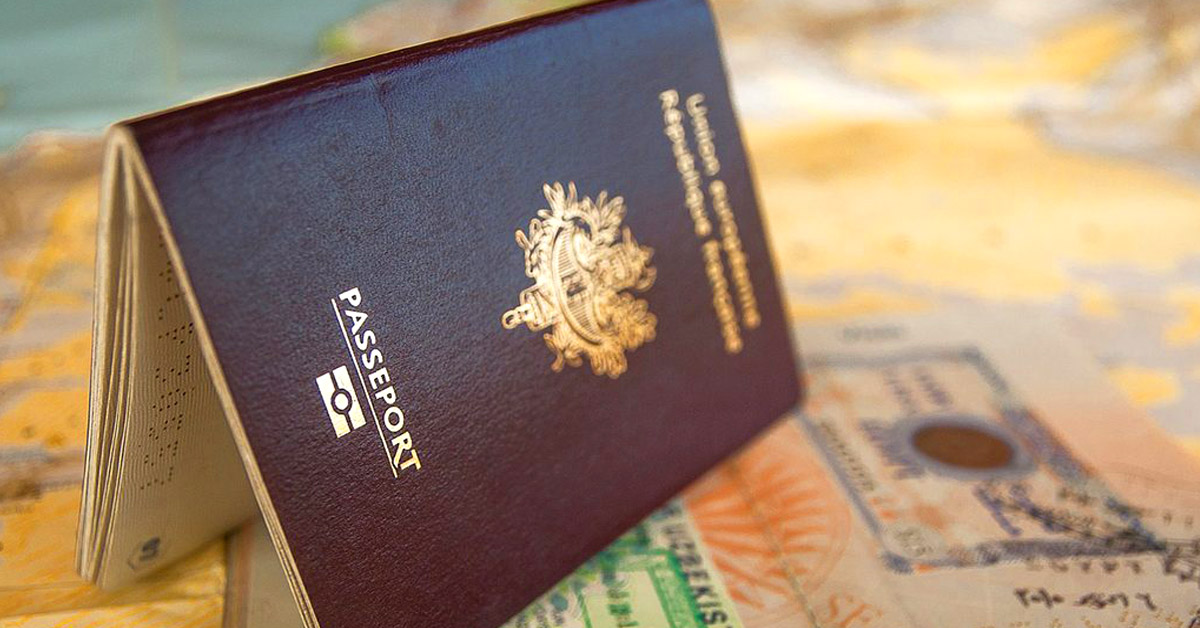




 Angara Abello Concepcion Regala & Cruz Law Offices (ACCRALAW) 2020
Angara Abello Concepcion Regala & Cruz Law Offices (ACCRALAW) 2020




